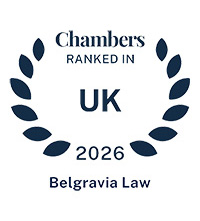
The deal concerned Yongtong’s acquisition of a 50% stake in Huatai, signed in November 2018 and completed in March 2019. Yongtong operates upstream in the production and distribution of papaverine hydrochloride API (an active pharmaceutical ingredient), while Huatai is active downstream in the manufacture and sale of papaverine hydrochloride injections, which are used to widen blood vessels and improve circulation.
Despite the transaction being long closed and falling below the statutory thresholds, SAMR exercised its discretionary “call-in” power on 3 January 2025, opening a review into potential anti-competitive effects under its framework for vertical mergers.
SAMR focused on three central issues:
On this basis, SAMR ordered the parties to unwind the merger, terminate the exclusive API distribution agreement and secured a commitment from Yongtong’s ultimate controller not to participate in any future concentration involving papaverine hydrochloride APIs or related injection products. This type of personal undertaking is unprecedented in Chinese merger control practice.
SAMR’s decision underscores its willingness to review and prohibit transactions years after closing, even where the statutory filing thresholds are not triggered. It signals that in strategically important sectors — such as pharmaceuticals — SAMR prioritises substantive effects over formal thresholds.
The ruling highlights several key insights for businesses and investors:
This case reflects SAMR’s growing assertiveness in merger control enforcement and introduces further jurisdictional uncertainty for investors in China. Companies contemplating acquisitions in regulated or sensitive industries should therefore prepare for heightened merger control risks, even for transactions not formally notifiable under the AML.



